Home>Gardening & Outdoor>Landscaping Ideas>What Fertilizer To Use In Spring For Bermuda Grass
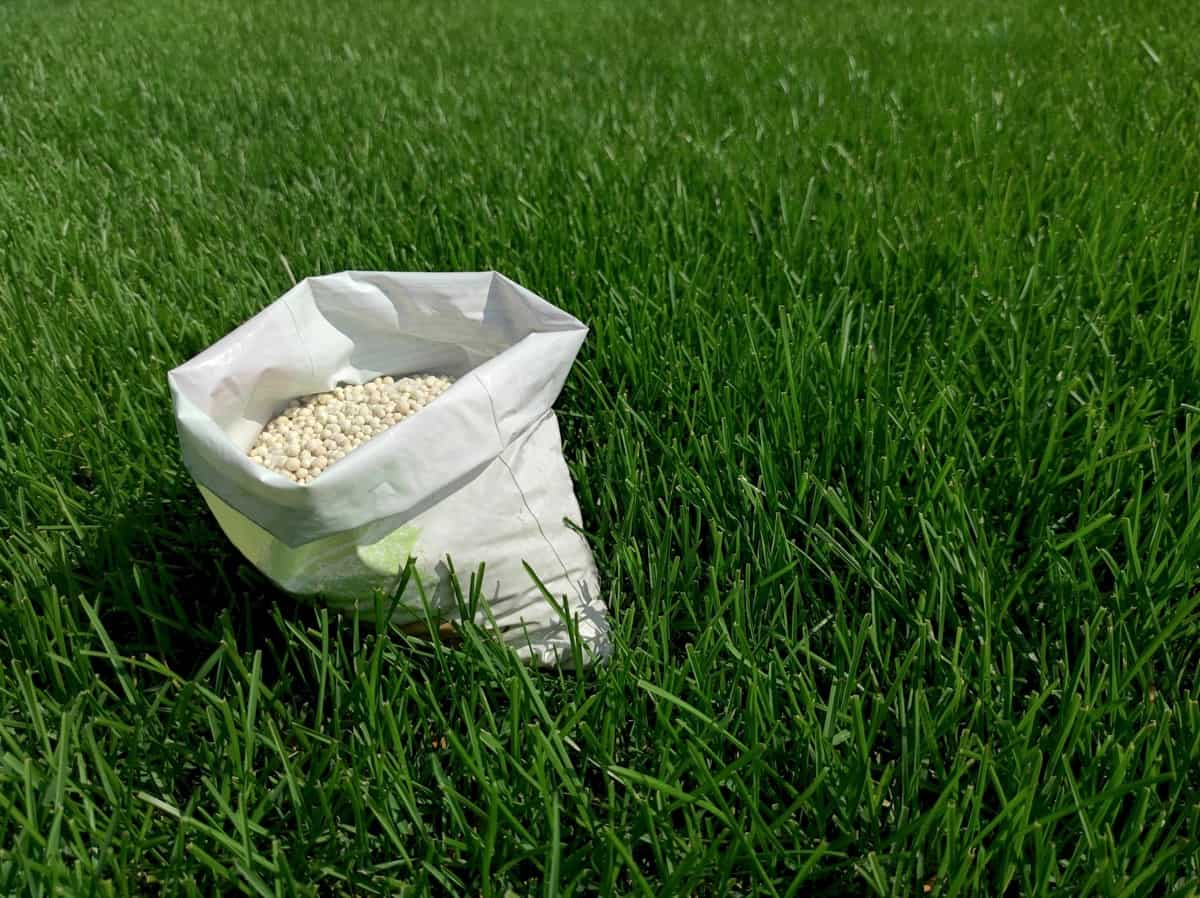

Landscaping Ideas
What Fertilizer To Use In Spring For Bermuda Grass
Modified: March 25, 2024
Discover the best fertilizer for Bermuda grass in spring and enhance your landscaping with our expert tips and ideas. Transform your lawn with our top landscaping ideas.
(Many of the links in this article redirect to a specific reviewed product. Your purchase of these products through affiliate links helps to generate commission for Storables.com, at no extra cost. Learn more)
Introduction
Spring is a time of rejuvenation and growth, and your Bermuda grass is no exception. As the weather warms and daylight hours increase, your lawn awakens from its winter slumber, signaling the perfect opportunity to give it the nourishment it needs to thrive. Fertilizing your Bermuda grass in spring sets the stage for a lush, vibrant lawn that will be the envy of the neighborhood.
In this comprehensive guide, we will delve into the intricacies of fertilizing Bermuda grass in the spring, providing you with valuable insights and practical tips to ensure your lawn flourishes throughout the growing season. From understanding the unique characteristics of Bermuda grass to selecting the most suitable fertilizer and mastering the application process, we've got you covered.
So, if you're ready to elevate your lawn care game and unlock the full potential of your Bermuda grass, join us as we embark on this journey to discover the secrets of spring fertilization. Let's dive in and explore the fascinating world of Bermuda grass maintenance, where every blade of grass holds the promise of a verdant, luxurious lawn.
Key Takeaways:
- Spring fertilization replenishes Bermuda grass with essential nutrients, promoting robust growth and lush foliage. It sets the stage for a vibrant, resilient lawn that can withstand environmental stressors and outcompete weeds.
- Choosing the right fertilizer with high nitrogen content and micronutrients is crucial for sustaining the lush, dense turf of Bermuda grass. Precision in application, timing, and environmental considerations are key for optimal results.
Read more: What Fertilizer To Use On Bermuda Grass
Understanding Bermuda Grass
Bermuda grass, scientifically known as Cynodon dactylon, is a warm-season grass that thrives in hot, sunny climates. It is prized for its exceptional durability, rapid growth, and ability to create a dense, lush carpet of green. This resilient grass variety is commonly found in lawns, golf courses, athletic fields, and parks, where its robust nature and striking appearance make it a popular choice for landscaping.
One of the defining characteristics of Bermuda grass is its remarkable tolerance to heat and drought. This makes it well-suited for regions with scorching summers, where other grass species may struggle to survive. Additionally, Bermuda grass exhibits excellent wear resistance, making it an ideal option for high-traffic areas that endure frequent footfall or recreational activities.
In terms of appearance, Bermuda grass boasts fine-textured blades that form a dense, uniform turf when properly maintained. Its vibrant green hue adds a touch of elegance to outdoor spaces, creating a visually appealing landscape that exudes vitality and freshness. Furthermore, Bermuda grass has a rapid growth rate, allowing it to quickly recover from mowing and other stresses, ensuring that your lawn maintains its pristine appearance throughout the growing season.
When it comes to maintenance, Bermuda grass thrives in well-drained soil and requires ample sunlight to flourish. It is crucial to provide this grass variety with the necessary nutrients to support its vigorous growth and overall health. Understanding the specific needs of Bermuda grass is essential for cultivating a resilient, verdant lawn that can withstand the rigors of the summer months.
By gaining a deeper understanding of Bermuda grass and its unique characteristics, you can tailor your lawn care practices to maximize its potential. From fertilization and watering to mowing and pest control, a comprehensive grasp of Bermuda grass will empower you to nurture a thriving lawn that serves as a testament to your dedication and expertise in landscaping.
In the next section, we will explore the significance of fertilizing Bermuda grass in the spring, shedding light on the pivotal role that this seasonal practice plays in promoting robust growth and long-term vitality.
Importance of Fertilizing in Spring
Fertilizing Bermuda grass in the spring is a crucial step in nurturing a healthy, vibrant lawn. As the winter frost gives way to the warmth of spring, Bermuda grass emerges from its dormant state, signaling the onset of a period of active growth. This transition presents an opportune moment to provide the grass with essential nutrients that will fuel its development and fortify its resilience.
During the winter months, Bermuda grass experiences a slowdown in growth and may have depleted its nutrient reserves. As the days lengthen and temperatures rise, the grass enters a phase of vigorous growth, requiring an ample supply of nutrients to support its increased metabolic activity. Fertilizing in the spring replenishes the soil with vital elements such as nitrogen, phosphorus, and potassium, which are essential for promoting robust root development, lush foliage, and overall plant vigor.
Moreover, spring fertilization sets the stage for a dense, luxuriant turf that can effectively outcompete weeds and withstand environmental stressors. By providing the grass with the necessary nutrients early in the growing season, you establish a solid foundation for sustained growth and vitality throughout the summer months. This proactive approach to lawn care not only enhances the visual appeal of your landscape but also contributes to the long-term health and resilience of your Bermuda grass.
In addition to promoting healthy growth, spring fertilization can help repair any damage that may have occurred during the winter, such as nutrient deficiencies or weakened turf density. By addressing these issues early on, you can address potential vulnerabilities and set the stage for a thriving lawn that can withstand the demands of the upcoming summer season.
Furthermore, fertilizing in the spring contributes to the overall sustainability of your lawn, as it fosters a robust root system that enhances the grass's ability to access water and nutrients from the soil. This, in turn, reduces the reliance on supplemental irrigation and promotes a more efficient use of resources, aligning with environmentally conscious lawn care practices.
In essence, the importance of fertilizing Bermuda grass in the spring cannot be overstated. By providing the grass with the essential nutrients it needs to thrive, you are investing in the long-term health and beauty of your lawn, creating an outdoor space that is not only visually stunning but also resilient and sustainable. As we continue our exploration of spring fertilization, we will delve into the critical considerations for selecting the right fertilizer to meet the specific needs of Bermuda grass.
For Bermuda grass in the spring, use a high-nitrogen fertilizer with a 3-1-2 ratio (such as 21-7-14) to promote healthy growth and green color. Apply the fertilizer according to the instructions on the package for best results.
Choosing the Right Fertilizer
Selecting the right fertilizer for your Bermuda grass is a pivotal decision that can significantly impact the health and appearance of your lawn. With a myriad of options available, it's essential to understand the specific nutritional requirements of Bermuda grass and choose a fertilizer that aligns with its needs.
When it comes to Bermuda grass, a fertilizer with a high nitrogen content is particularly beneficial. Nitrogen plays a crucial role in promoting vigorous leaf and stem growth, which is essential for achieving the lush, dense turf characteristic of Bermuda grass. Look for a fertilizer with a higher first number in the N-P-K ratio, indicating a greater concentration of nitrogen. For example, a fertilizer with a 3-1-2 ratio or similar proportions would be well-suited for Bermuda grass.
In addition to nitrogen, phosphorus and potassium are also important components to consider when selecting a fertilizer. Phosphorus supports root development, helping Bermuda grass establish a strong and resilient root system that enhances its ability to access water and nutrients from the soil. Potassium contributes to overall plant health, aiding in stress tolerance and disease resistance, which are particularly valuable traits for Bermuda grass, especially in regions with hot, arid climates.
Furthermore, it's advisable to opt for a slow-release fertilizer, as this provides a steady, gradual supply of nutrients to the grass over an extended period. Slow-release fertilizers are advantageous as they minimize the risk of nutrient leaching and reduce the frequency of application, resulting in more consistent and sustained growth for Bermuda grass.
Consider the specific formulation and granule size of the fertilizer as well. A granular fertilizer with a balanced blend of nutrients can ensure uniform coverage and effective absorption by the grass. Additionally, choosing a fertilizer with micronutrients such as iron, manganese, and zinc can further enhance the overall health and color of Bermuda grass, contributing to a vibrant, visually appealing lawn.
When in doubt, consulting with a local horticultural expert or extension service can provide valuable insights into the specific nutrient requirements of Bermuda grass in your region. By tailoring your fertilizer selection to the unique needs of Bermuda grass, you can optimize its growth and resilience, setting the stage for a stunning, thriving lawn that will be the pride of your landscape.
As we continue our exploration of spring fertilization, we will delve into the best practices for applying fertilizer to Bermuda grass, ensuring that you can maximize the benefits of your chosen fertilizer and nurture a lawn that exudes vitality and beauty.
Application Tips
When it comes to applying fertilizer to your Bermuda grass in the spring, precision and care are paramount to achieve optimal results. By following these application tips, you can ensure that your grass receives the necessary nutrients in a manner that promotes robust growth and long-term health.
-
Timing is Key: Aim to apply fertilizer to your Bermuda grass when it is actively growing, typically in late spring as the temperatures begin to rise. Avoid fertilizing too early in the season when the grass is still dormant, as this may lead to nutrient runoff and waste.
-
Even Distribution: Use a broadcast spreader to evenly distribute the fertilizer across your lawn. This ensures that each area receives a uniform application of nutrients, promoting consistent growth and minimizing the risk of over-fertilization in certain spots.
-
Follow Recommended Rates: Adhere to the recommended application rates specified on the fertilizer packaging. Over-application can lead to excessive growth, increased mowing frequency, and potential environmental issues, while under-application may result in insufficient nutrient uptake by the grass.
-
Mind the Edges: Pay attention to the edges and borders of your lawn, as these areas are often overlooked during fertilization. Take care to apply the fertilizer evenly along the perimeters to maintain a cohesive and healthy appearance across the entire lawn.
-
Watering After Application: After applying the fertilizer, water your lawn lightly to help the granules settle and initiate the nutrient absorption process. This step facilitates the incorporation of the nutrients into the soil, ensuring that they are readily available to the grass.
-
Avoid Fertilizer Drift: Be mindful of potential fertilizer drift, especially in windy conditions. To prevent granules from drifting onto unintended areas, consider applying the fertilizer on a calm day when the risk of drift is minimal.
-
Mowing Considerations: It's advisable to mow your Bermuda grass a few days before applying the fertilizer. This allows the grass to recover from mowing stress and creates an optimal environment for nutrient uptake following the application.
-
Environmental Factors: Take into account environmental factors such as rainfall and irrigation schedules when planning your fertilizer application. Avoid fertilizing before heavy rain or irrigation, as this may lead to nutrient runoff and reduced effectiveness of the fertilizer.
By implementing these application tips, you can ensure that your Bermuda grass receives the right amount of nutrients at the appropriate time, setting the stage for a vibrant, resilient lawn that flourishes throughout the spring and beyond. With careful attention to detail and a commitment to best practices, you can elevate your lawn care efforts and cultivate a landscape that embodies the beauty and vitality of well-nourished Bermuda grass.
Read more: What Is A Good Fertilizer For Bermuda Grass
Conclusion
In conclusion, fertilizing Bermuda grass in the spring is a fundamental practice that lays the groundwork for a thriving, resilient lawn. By understanding the unique characteristics of Bermuda grass and the specific nutritional requirements it demands, you can embark on a journey to cultivate a landscape that exudes vitality and beauty. The importance of spring fertilization extends beyond mere aesthetics, encompassing the long-term health, sustainability, and resilience of your lawn.
As the winter frost gives way to the warmth of spring, Bermuda grass emerges from its dormant state, signaling the onset of a period of active growth. This transition presents an opportune moment to provide the grass with essential nutrients that will fuel its development and fortify its resilience. Spring fertilization replenishes the soil with vital elements such as nitrogen, phosphorus, and potassium, which are essential for promoting robust root development, lush foliage, and overall plant vigor.
Selecting the right fertilizer for your Bermuda grass is a pivotal decision that can significantly impact the health and appearance of your lawn. A fertilizer with a high nitrogen content, complemented by appropriate levels of phosphorus and potassium, is particularly beneficial for promoting vigorous growth and sustaining the lush, dense turf characteristic of Bermuda grass. Opting for a slow-release fertilizer with micronutrients can further enhance the overall health and color of Bermuda grass, contributing to a vibrant, visually appealing lawn.
When it comes to applying fertilizer to your Bermuda grass in the spring, precision and care are paramount to achieve optimal results. Timing the application to coincide with active growth, ensuring even distribution, adhering to recommended rates, and considering environmental factors are essential aspects of the application process. By following these best practices, you can ensure that your Bermuda grass receives the necessary nutrients in a manner that promotes robust growth and long-term health.
In essence, the journey of spring fertilization for Bermuda grass is a testament to the dedication and expertise of homeowners and landscapers who seek to create outdoor spaces that are not only visually stunning but also resilient, sustainable, and vibrant. By embracing the art and science of lawn care, you can unlock the full potential of your Bermuda grass, transforming your landscape into a verdant oasis that captivates the senses and enriches the outdoor experience for years to come.
Frequently Asked Questions about What Fertilizer To Use In Spring For Bermuda Grass
Was this page helpful?
At Storables.com, we guarantee accurate and reliable information. Our content, validated by Expert Board Contributors, is crafted following stringent Editorial Policies. We're committed to providing you with well-researched, expert-backed insights for all your informational needs.
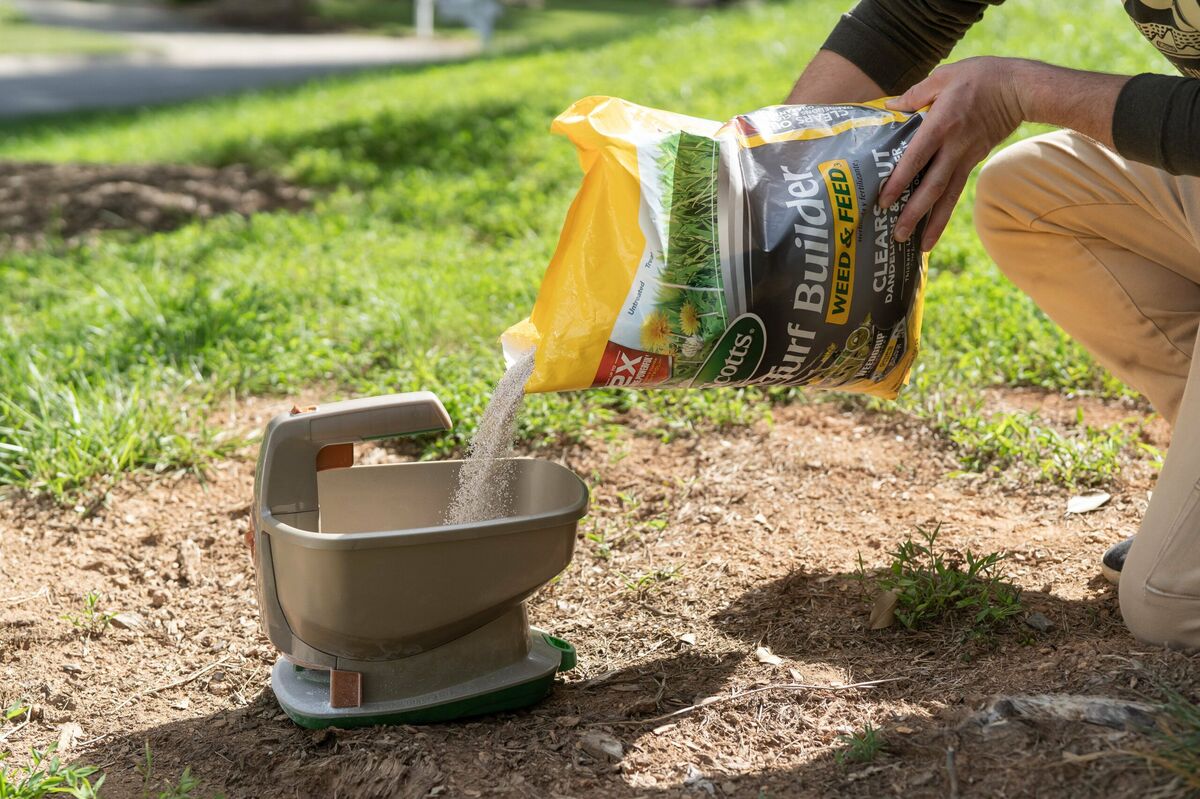
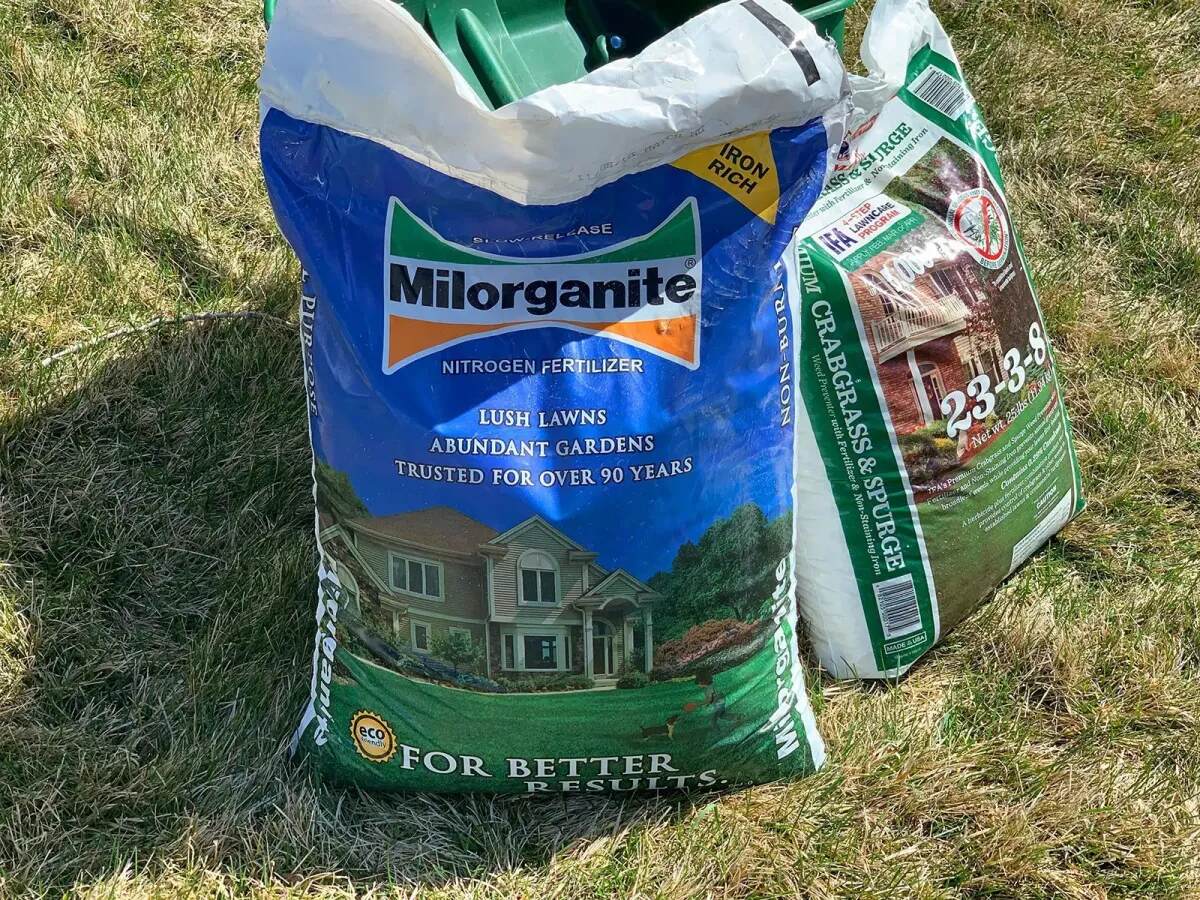
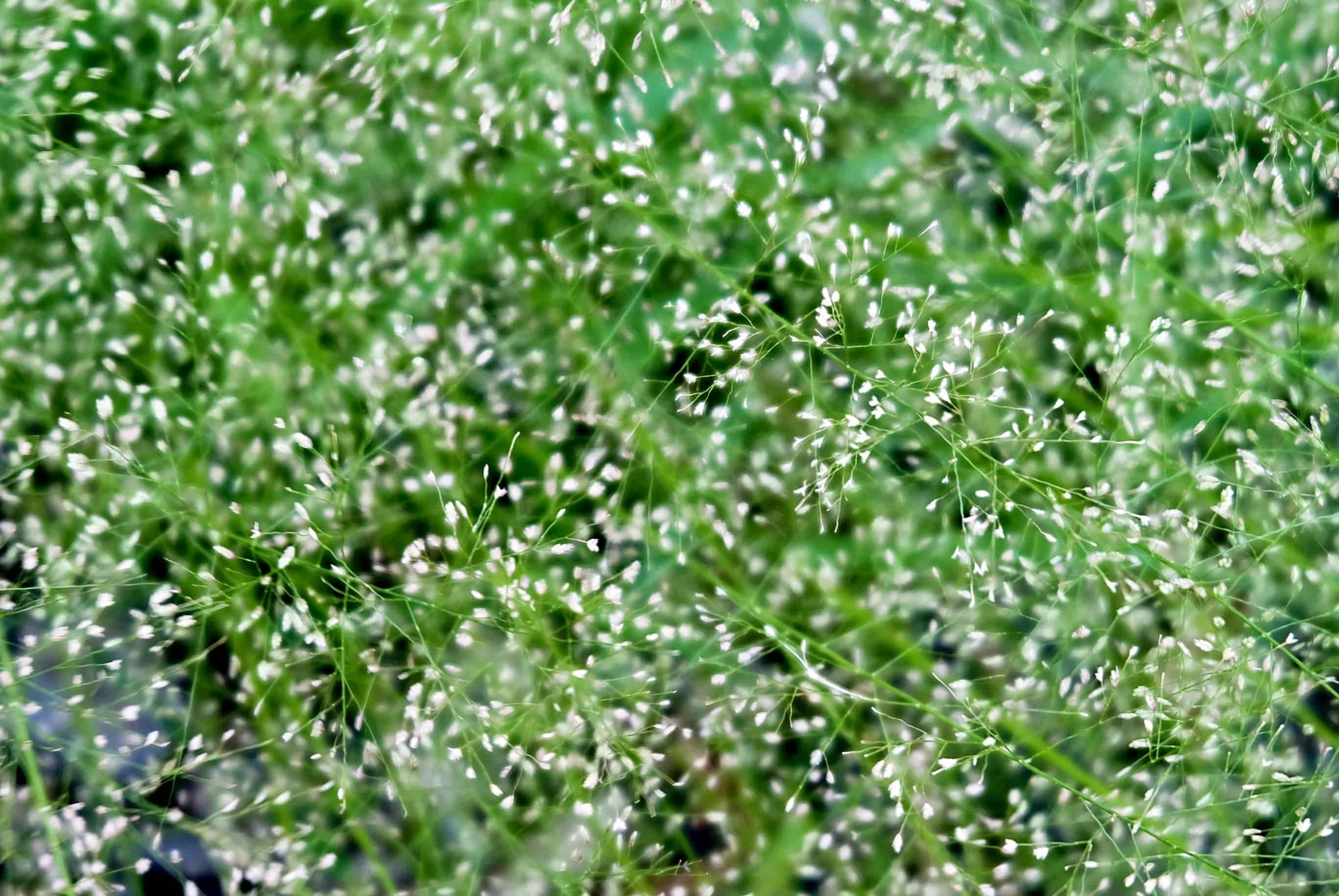
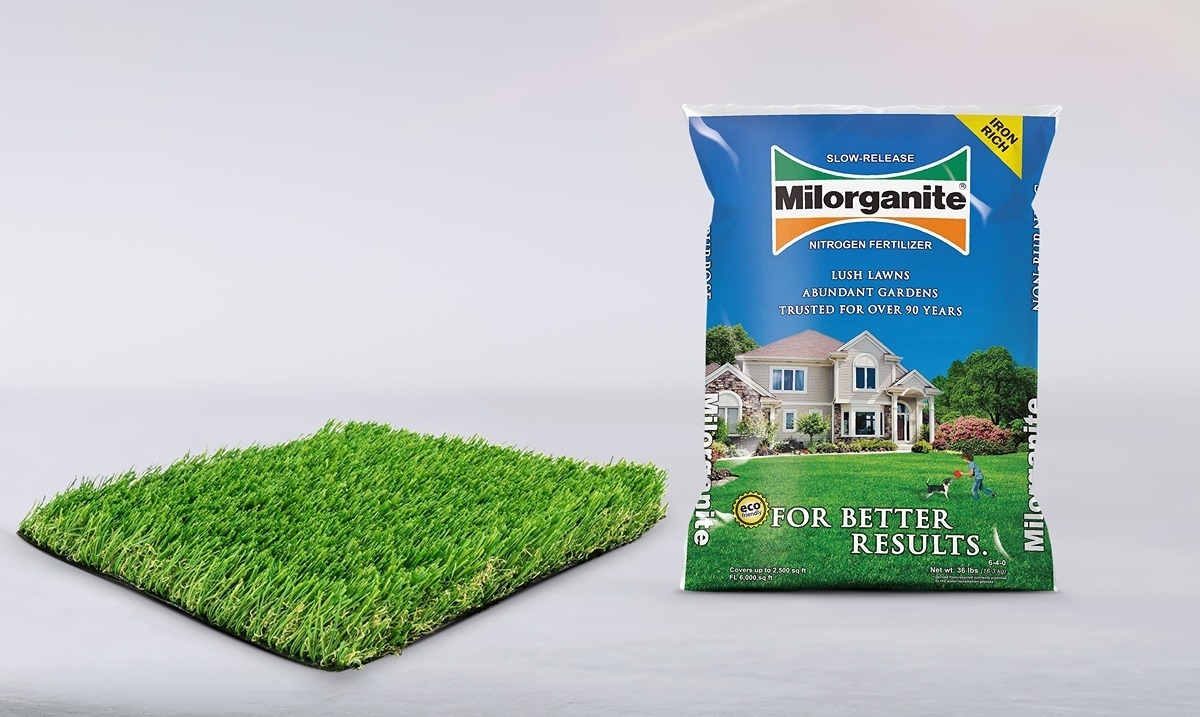
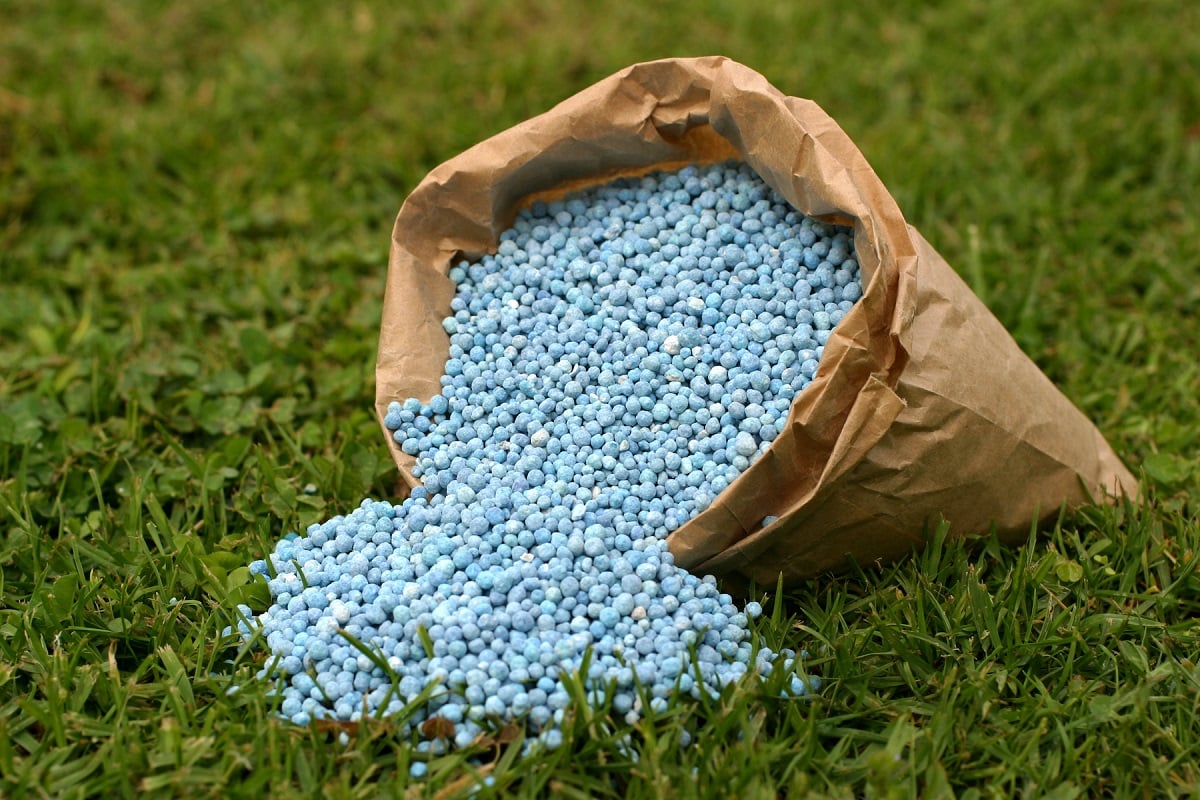
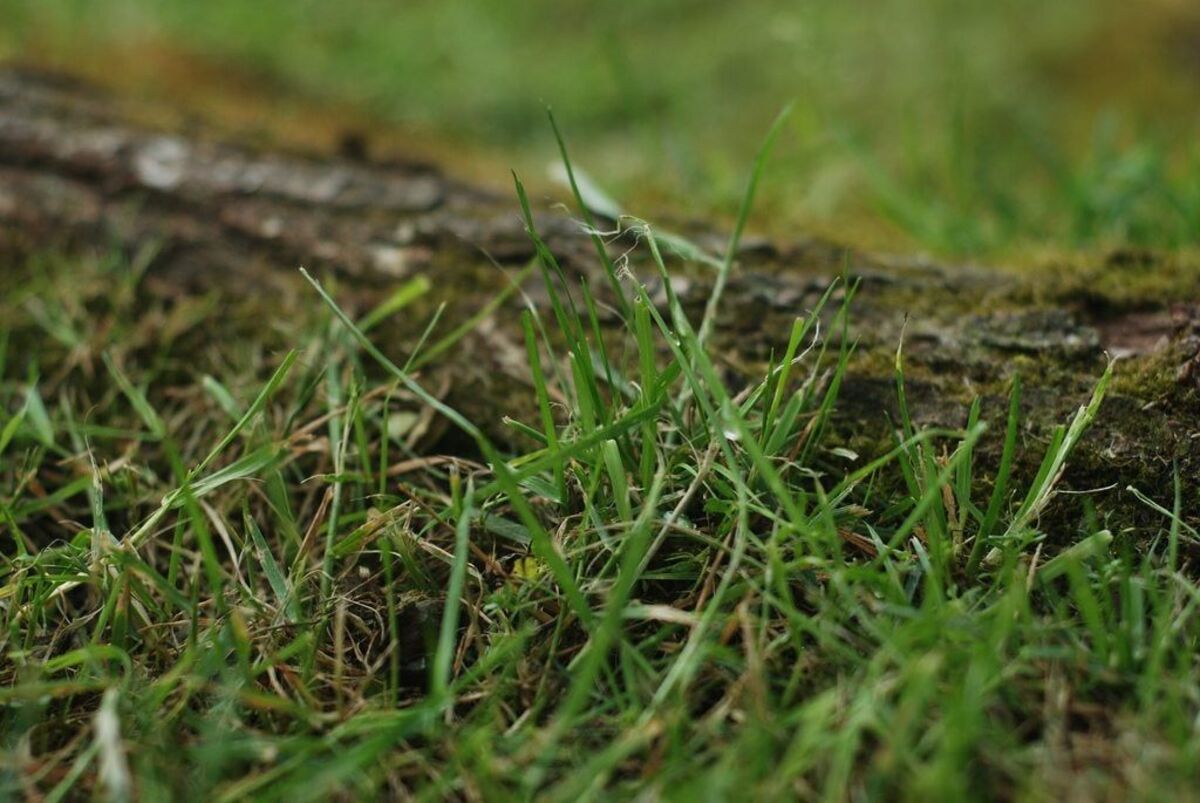
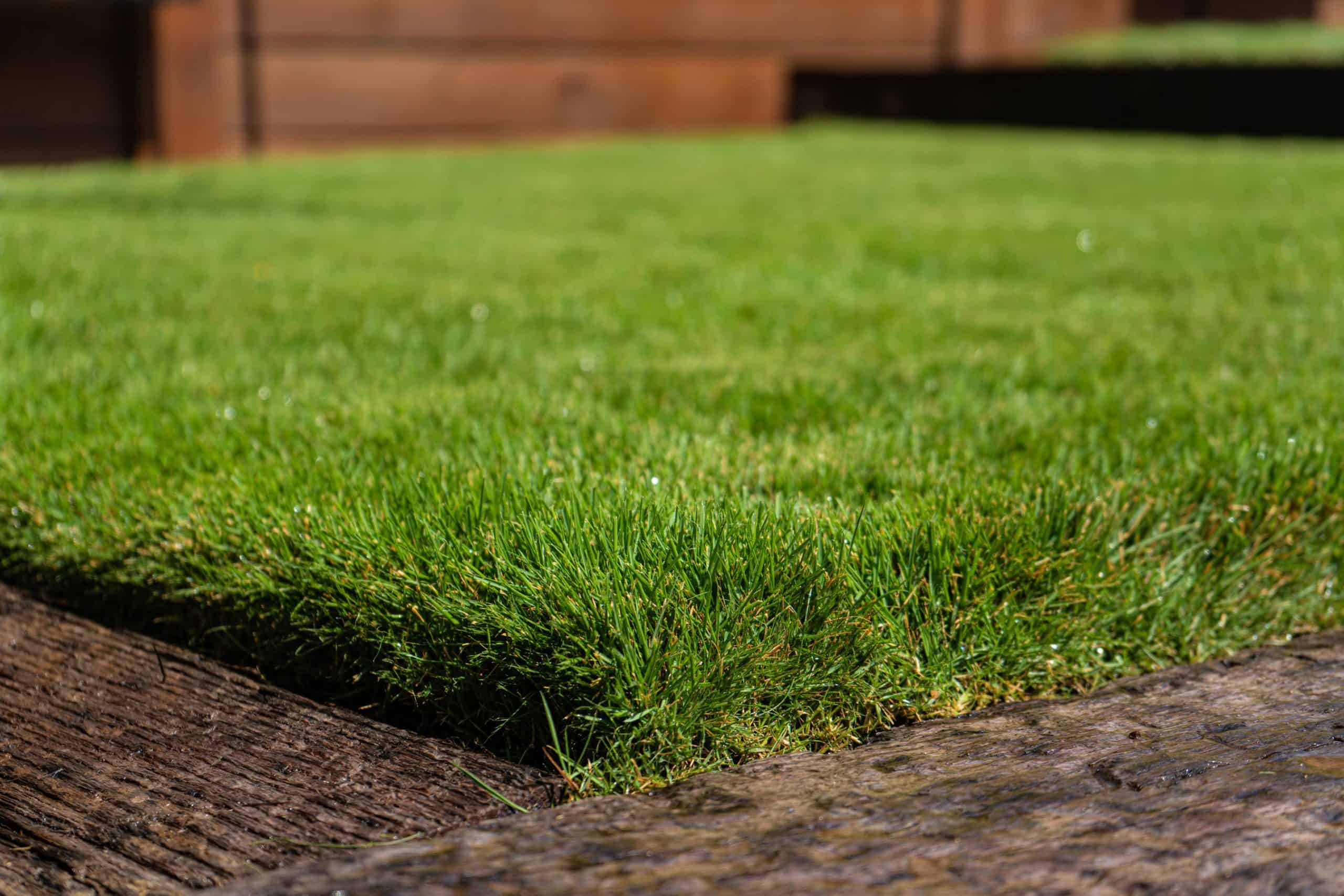

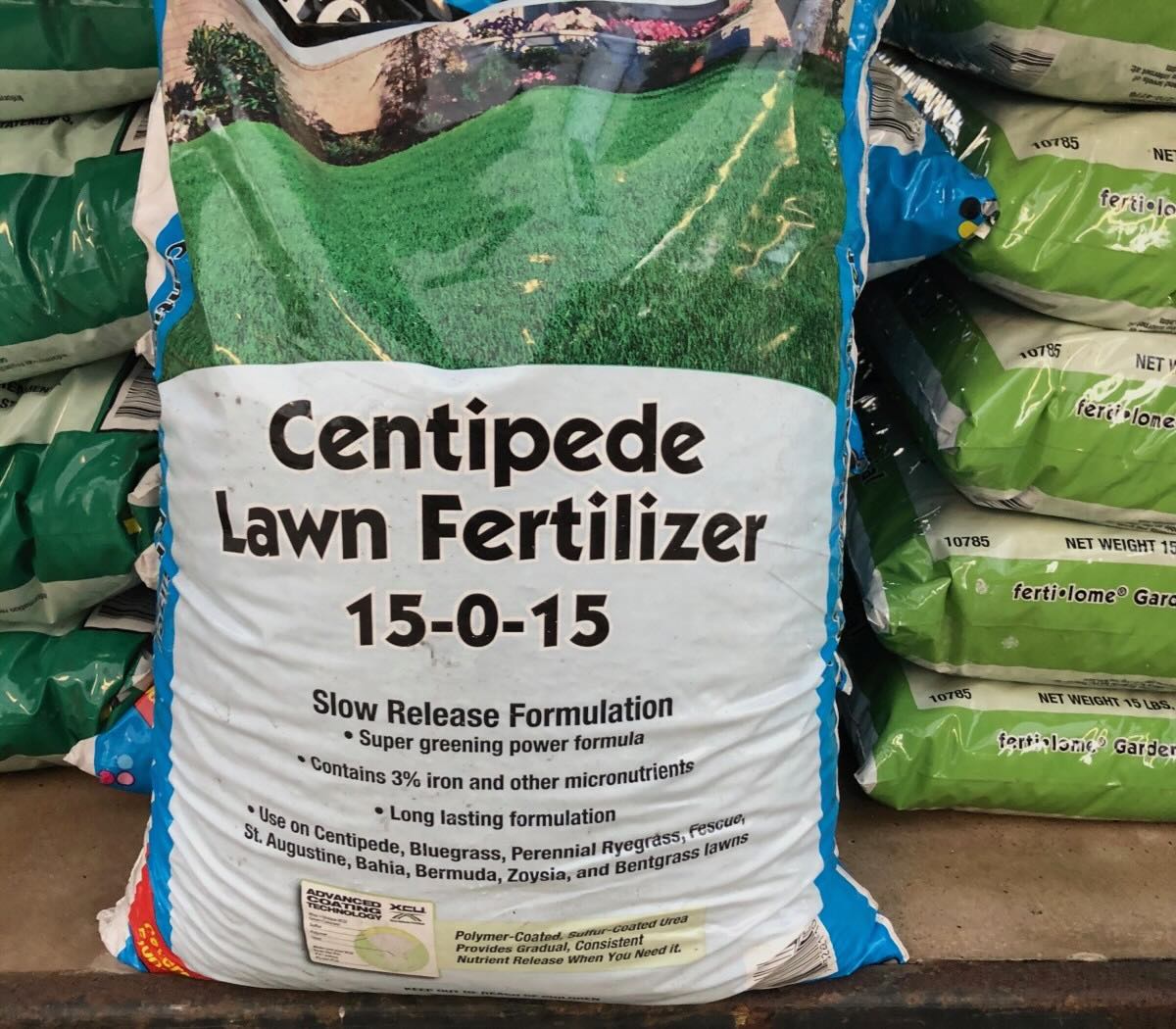

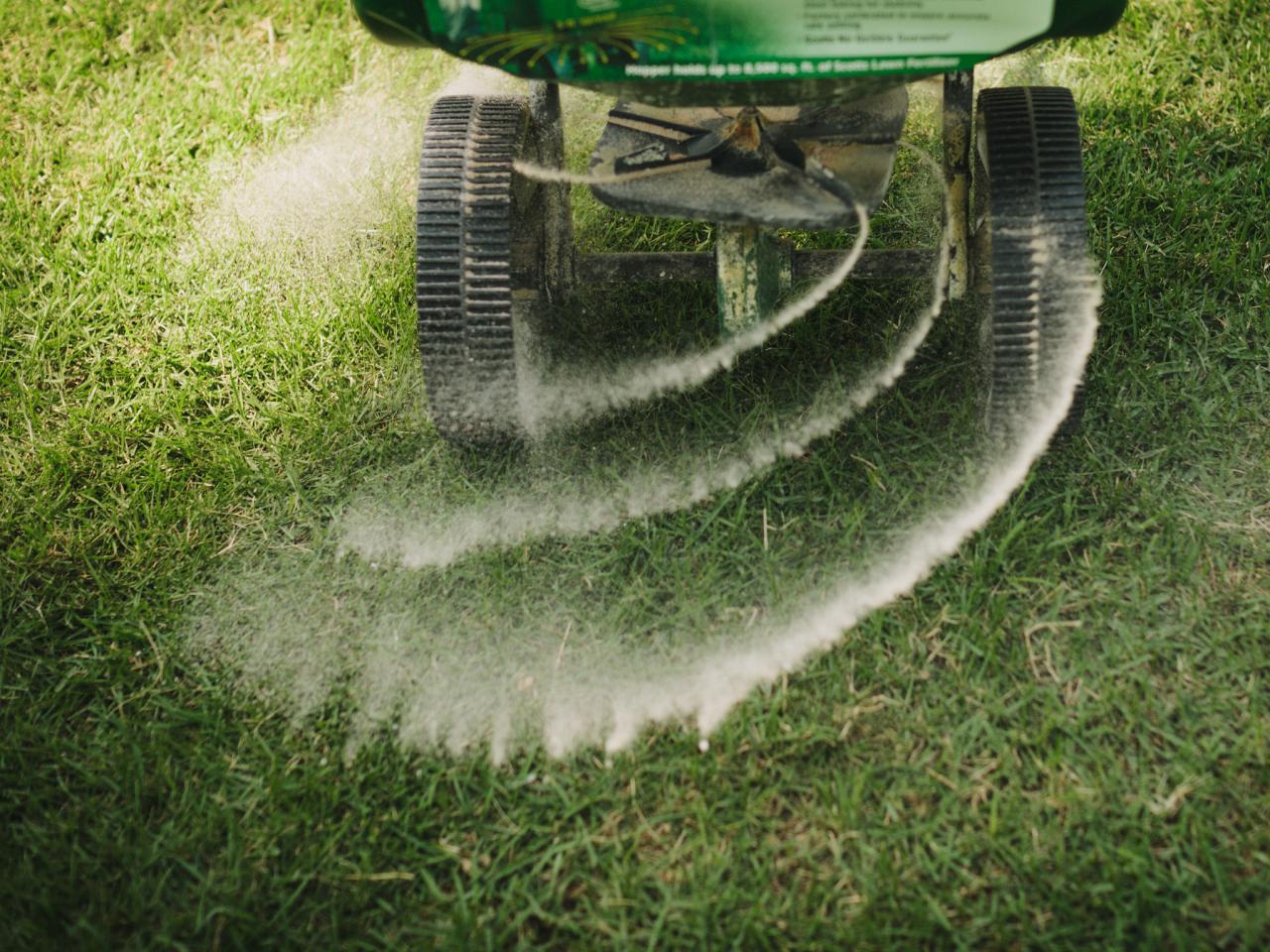
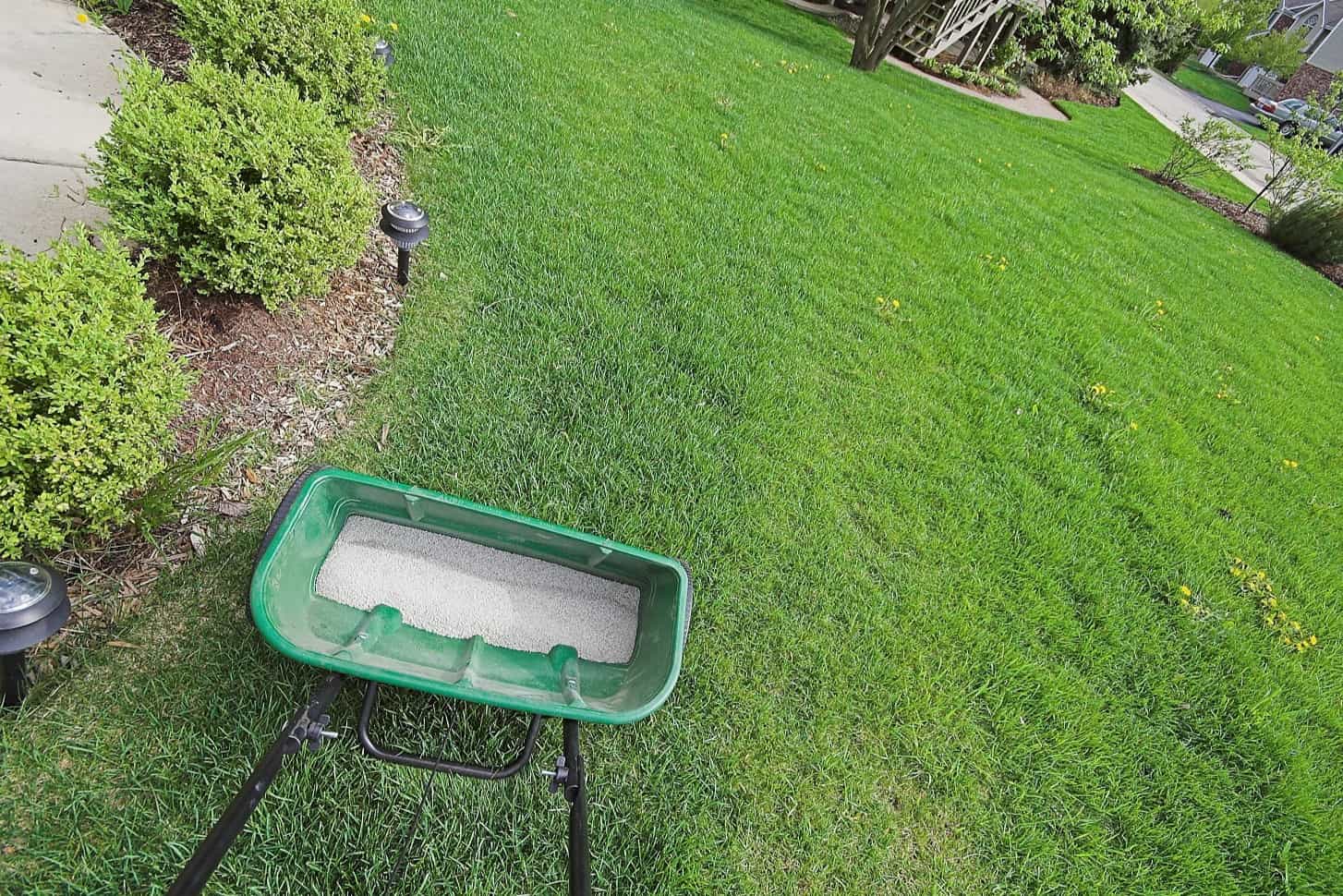



0 thoughts on “What Fertilizer To Use In Spring For Bermuda Grass”